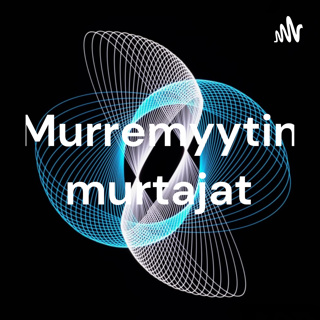
Thomas Wheatland, “The Frankfurt School in Exile” (University of Minnesota Press, 2009)
I have a friend who, as a young child, happened to meet Herbert Marcuse, by that time a rock-star intellectual and darling of the American student movement. Upon seeing the man, he exclaimed “Marcuse! Marcuse! You have such a beautiful head!” I don’t know how beautiful Herbert Marcuse’s head was, but I do know a lot of other interesting things about him and his Frankfurt School buddies now that I’ve read Thomas Wheatland’s wonderful The Frankfurt School in Exile (University of Minnesota Press, 2009). The story Tom tells casts the Frankfurt School in a new (and more correct) light. For one thing, Horkheimer, Adorno, and the rest really were hard-core empirical social scientists in the beginning, not “Critical Theorists” as we understand the term. They counted, measured, conducted surveys and did everything a positivist sociologist or economist would do. But, of course, that was not how they became idols of the New Left and the founders of “Critical Theory.” (Now that I think about it, almost no one ever achieves fame by doing empirical social science. See “Malcolm Gladwell” for more.) No, they–or rather Fromm, Marcuse and Habermas–got famous by telling young Americans that they were “repressed,” “alienated,” and “downtrodden” at exactly the moment they wanted to hear it, that is, the 1960s. You see, the “old” Marxism was dead; this was the “new and improved” version. In other words, they were in the right Critical-Theoretical place and at the right Critical-Theoretical time. And, as Tom points out, they were bewildered and even a bit disturbed by their fame. Despite what my friend said, Marcuse did not get a big head. Rather the opposite. He, much to his credit, told the students he didn’t want to be their guru, that he didn’t believe in gurus. But they didn’t care–they made him one anyway. Students love gurus. I loved Tom Wheatland’s book, and I encourage you to read it. Please become a fan of “New Books in History” on Facebook if you haven’t already. Learn more about your ad choices. Visit megaphone.fm/adchoices Support our show by becoming a premium member! https://newbooksnetwork.supportingcast.fm/critical-theory
12 Kesä 20091h 14min

John H. Summers, “Every Fury on Earth” (Davies Group, 2008)
The vast majority of historians write history. Perhaps that’s good, as one should stick to what one knows. But there are historians who braves the waters of social and political criticism. One thinks of Arthur Schelsinger Jr., Richard Hofstadter, Christopher Lasch, Robert Conquest, Richard Pipes, Eric Hobsbawm, E. P. Thompson, and more recently Tony Judt, Sean Wilentz and Victor Davis Hanson. Today I had the good fortune to speak with a historian who is virtually sure to enter the top rank of historian-public intellectuals, John H. Summers. Indeed, he already has. He’s published numerous probing essays on academic life, anarchism, the Left, sex scandals, anti-Americanism, the fate of newspapers, and, of course, many of the great American public intellectuals (he’s at work on a biography of C. Wright Mills). Summers does what all critics worth their salt do: comfort the afflicted and afflict the comfortable. Just read his remarkably insightful “All the Priviledged Must Have Prizes” about his experience teaching at Harvard. (Also, read the comments attending article, where current Harvard students unwittingly prove Summers’ main points). We must be grateful, then, that the folks at the Davis Group Press have elected to publish a collection of Summers’ finely crafted essays in Every Fury on Earth (2008). The book is challenging, thought-provoking, and courageous. John H. Summers does not blink. You will agree with some of the things he says, and you will disagree with others. That, of course, is the fun of it. BTW: If you have a relative or friend who is an academic, this book would make a perfect holiday gift. If you are an academic, indulge yourself and buy it. Please become a fan of “New Books in History” on Facebook if you haven’t already. Learn more about your ad choices. Visit megaphone.fm/adchoices Support our show by becoming a premium member! https://newbooksnetwork.supportingcast.fm/critical-theory
16 Joulu 20081h 10min


















